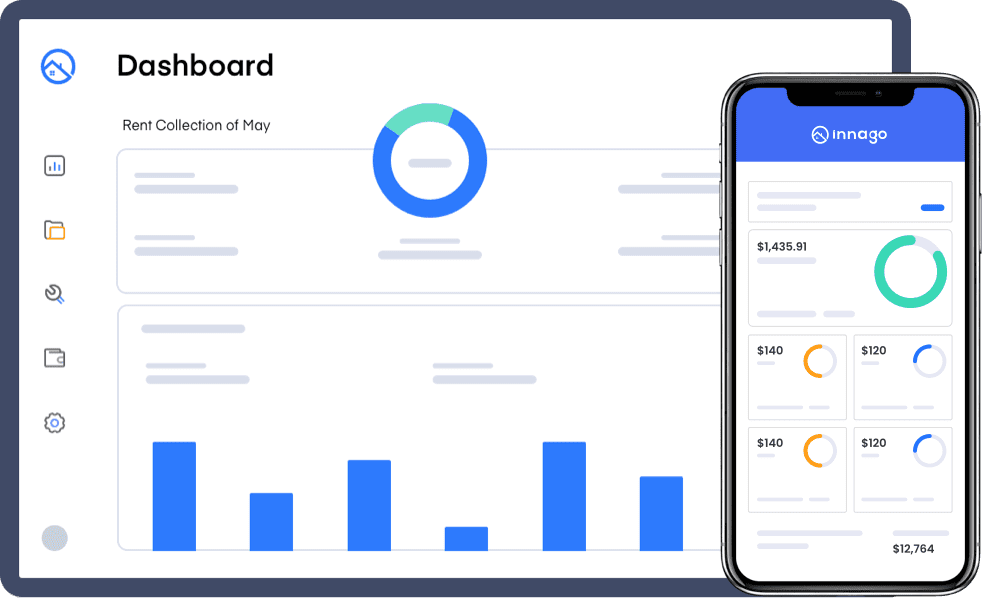In our fast-paced earth, wherever first thoughts frequently hold
significant fat, background checks are becoming an essential tool for
decision-makers across different fields. Whether you're an company
seeking to hire or even a landlord letting out a house, understanding
what a background check always entails can offer useful insights and
help make informed choices. This blog seeks to demystify the basics of background check, shedding light on the purpose, parts, and significance.

The Purpose of History Checks
Background checks are essential in today's society while they allow individuals and businesses to validate the credibility of someone's history. They support assure protection and confidence by giving a detailed see of a person's past actions and behaviors. Employers, landlords, and even volunteer companies generally use background checks to measure the suitability of candidates. When used ethically and reliably, they could minimize risks and foster a better environment.
The different parts of a Background Check
Background checks range widely, but several frequent components are generally examined. A offender report check always can show any past legitimate issues, helping to gauge possible risks. Employment history proof ensures that the prospect has the ability they state, that will be vital for jobs requiring certain skills or expertise. Credit history may also be included, particularly in financing roles, because it offers information right into a person's economic responsibility.
Kinds of History Checks
A few types of background checks exist, each created for particular purposes. Pre-employment checks are the most common, focusing on a candidate's work history, knowledge, and criminal record. Tenant history checks are another form, typically involving a credit check and rental record to assess trustworthiness as a tenant. Offer agencies might also conduct checks to guarantee the security of these they serve. These various checks cater to various wants but reveal a typical purpose of due diligence.
Legal Considerations
Conducting background checks requires adherence to appropriate frameworks to guard people'rights. In the United States, the Fair Credit Revealing Act (FCRA) governs how history checks are executed to make sure good treatment. Employers should receive published consent from candidates and follow specific procedures if negative data affects employing decisions. Knowledge these legitimate obligations is essential for performing history checks ethically and legally.
The Role of Background Checks in Safety and Confidence
History checks play a vital position in fostering confidence and protection in a variety of environments. By verifying the info provided by applicants, employers will make better-informed decisions and minimize the chance of employing individuals who might create a risk to the workplace. Similarly, landlords may avoid difficult tenants, ensuring a safer community for several residents. In both instances, background checks offer as a preventative calculate to guard persons and property.
Realization
Understanding the fundamentals of background checks is essential for anyone associated with employing, hiring, as well as volunteer coordination. By familiarizing yourself with the components and legal factors, you should use history checks to make informed, responsible decisions. They offer a powerful tool for ensuring trust and safety, benefiting both persons and companies alike. If you are enthusiastic about learning more about doing history checks reliably, a wealth of assets can be obtained to guide you through the process.
No comments:
Post a Comment